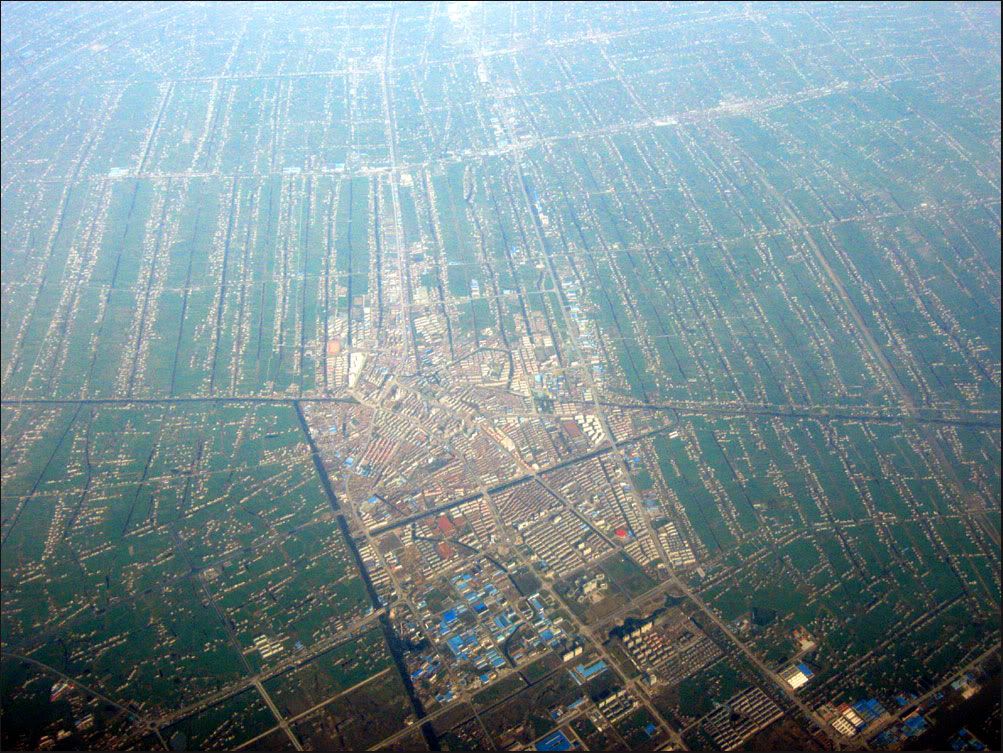They predict Lagos, Kinshasa and Dar Es Salaam at having a stab at over 80 million.
West Africa and the East African lakes (even the small towns of Blantyre and Lilongwe will have ballooned to over 40 million by then) will become new centres of humanity, to join the Indian subcontinent and East Asia.

A spanner in the works is China, where although singular cities may limit their populations, will conjoin into other cities alongside, as has already been seen in the Pearl River Delta, where Guangzhou-Shenzhen is now the worlds biggest city as of 2015 (pop 41 million).
The biggest city may well still be Shanghai - the Yangzte River Delta is home to the biggest tract of adjacent cities in the world, and a population of 120 million. Hangzhou, Nanjing, Suzhou, Yangzhou, Wuxi, Changzhou, Kunshan, Ningbo, Shaoxing, Nantong etc.
It'll stretch in two arms 350 km in from the coast. By density alone it could already be considered a city:

Basically the 'countryside' in the region now looks like this due to residency laws, midrise farmer's apartments as far as the eye can see, in every direction for hours:




Huaxi 'village' even has a supertall -the area is still classed as rural due to those local bylaws




